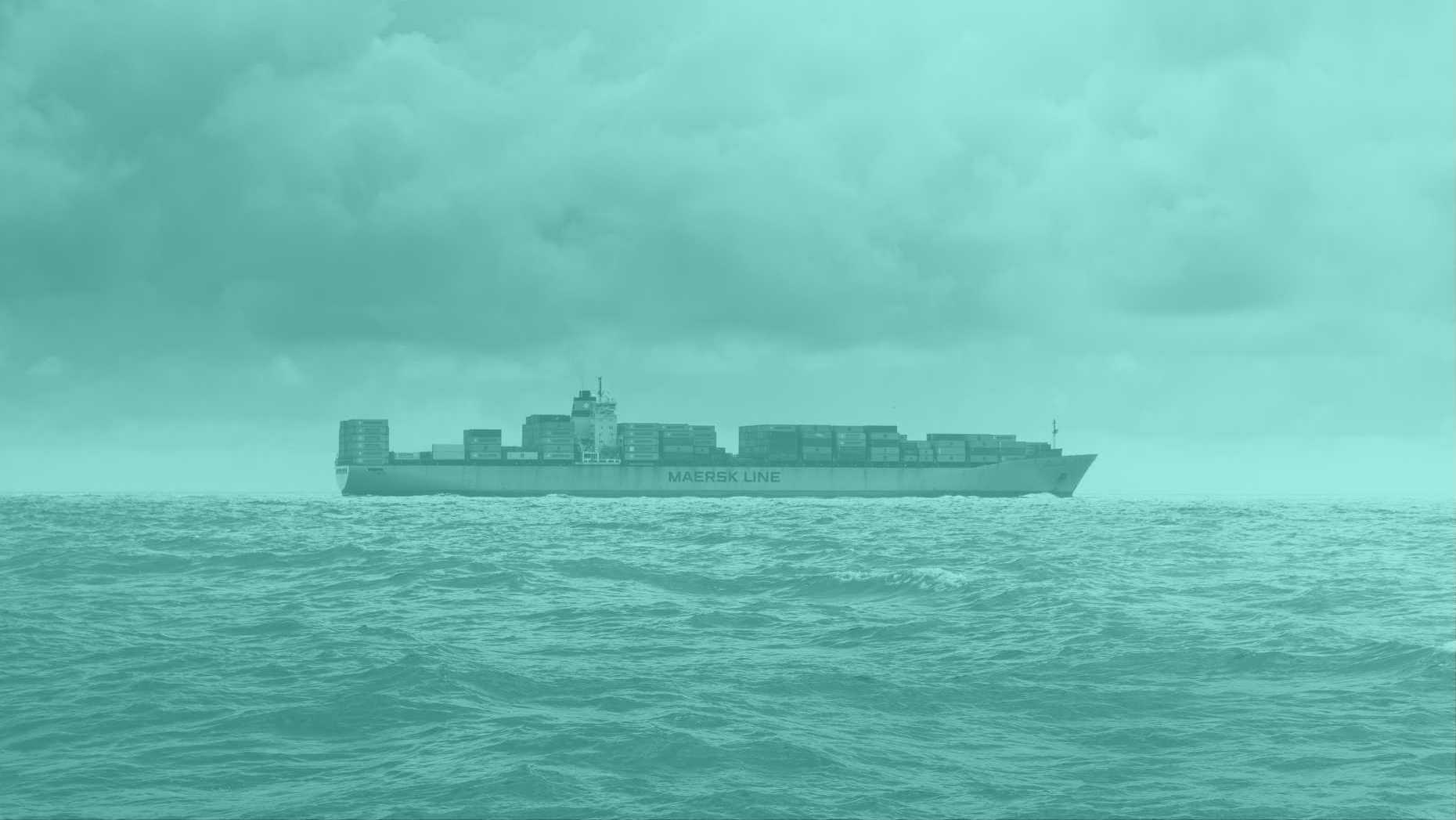Curbing Illicit Financial Flows

The implementation of the Sustainable Development Goals (SDGs) in developing countries is expected to be financed primarily by domestic resources. Yet, significant levels of Illicit Financial Flows (IFFs) undermine this endeavor and erode the ability of developing countries to raise the required tax revenues. IFFs are defined as cross-border movements of money that are wrongfully earned, transferred, or utilized. This implies that even in cases where the money is legitimately earned, it can become illicit if transferred abroad in violation of exchange control regulations, corporate tax law, or international tax agreements. Since the 2008 financial crisis and the adoption of the SDGs in 2015, IFFs have garnered increasing policy traction and scholarly attention. However, research to date – conducted primarily by think tanks and advocacy groups – suffers from poor data and methodological concerns.
The objectives of the project are twofold: to improve our knowledge and understanding of commodity trade-related IFFs and, on that basis, to design and promote policies to effectively curb IFFs.
The project addresses four related, research questions:
1) How much? How can we improve methodological approaches to ascertain the volume and channels of commodity trade-related IFFs?
2) Why? What are the main incentives and legal/regulatory issues that explain the persistence of IFFs?
3) Who? Can we identify the major stakeholders exerting a significant influence on IFFs in commodity exporting and trading countries?
4) What can be done? Which policy responses at national, regional, and global levels, are most effective for curbing commodity trade-related IFFs?
Researchers: Fritz Brugger, Joschka J. Proksik, Felicitas Fischer